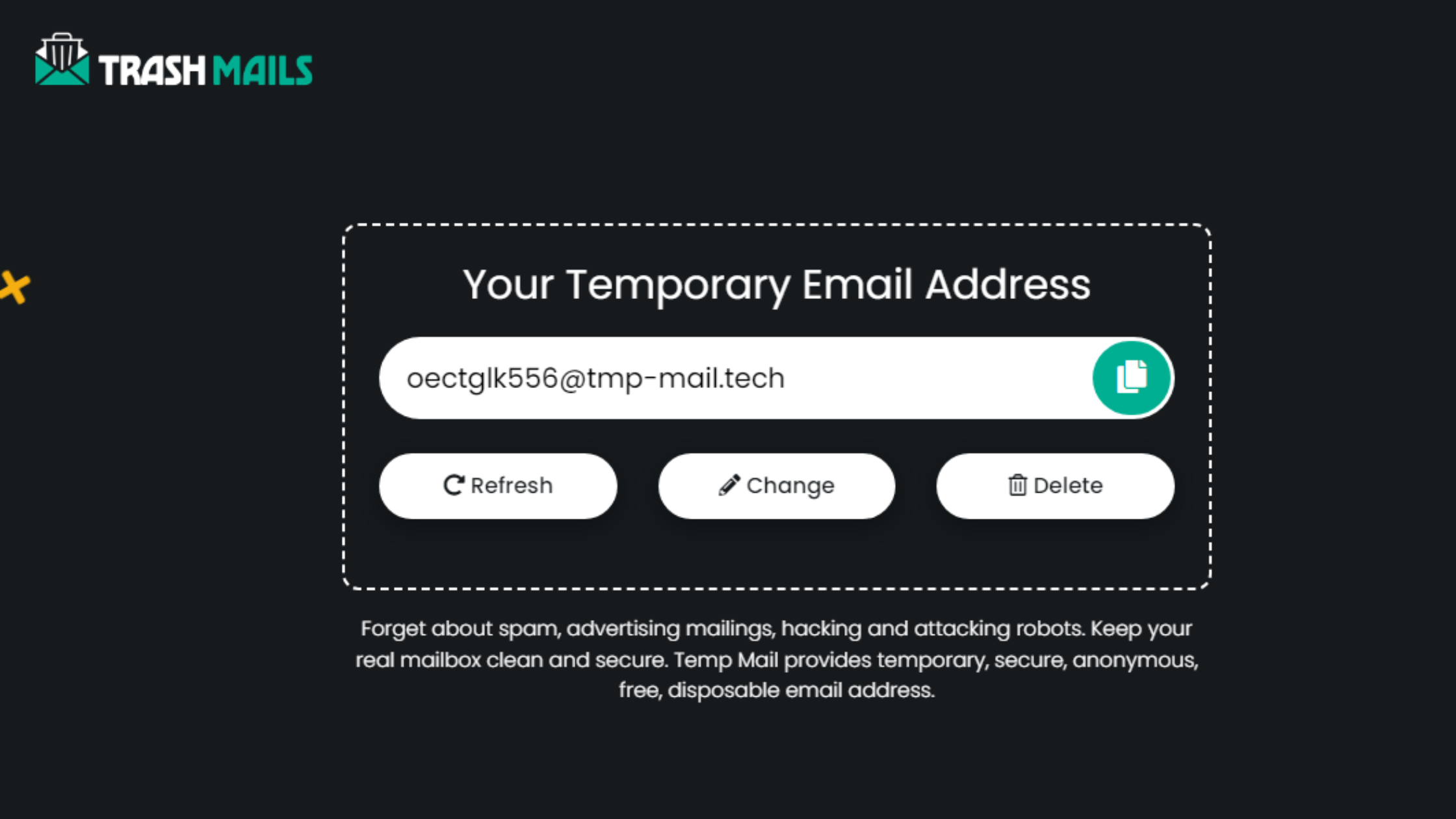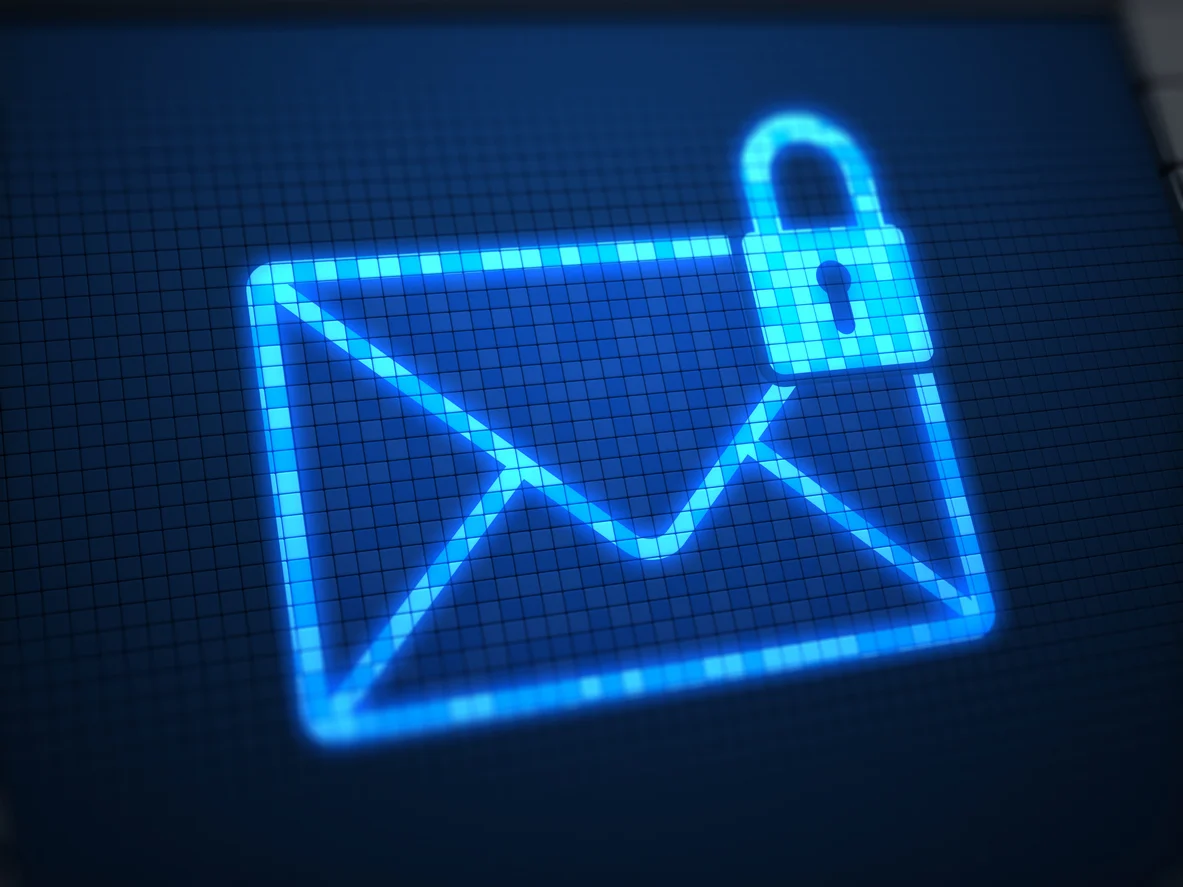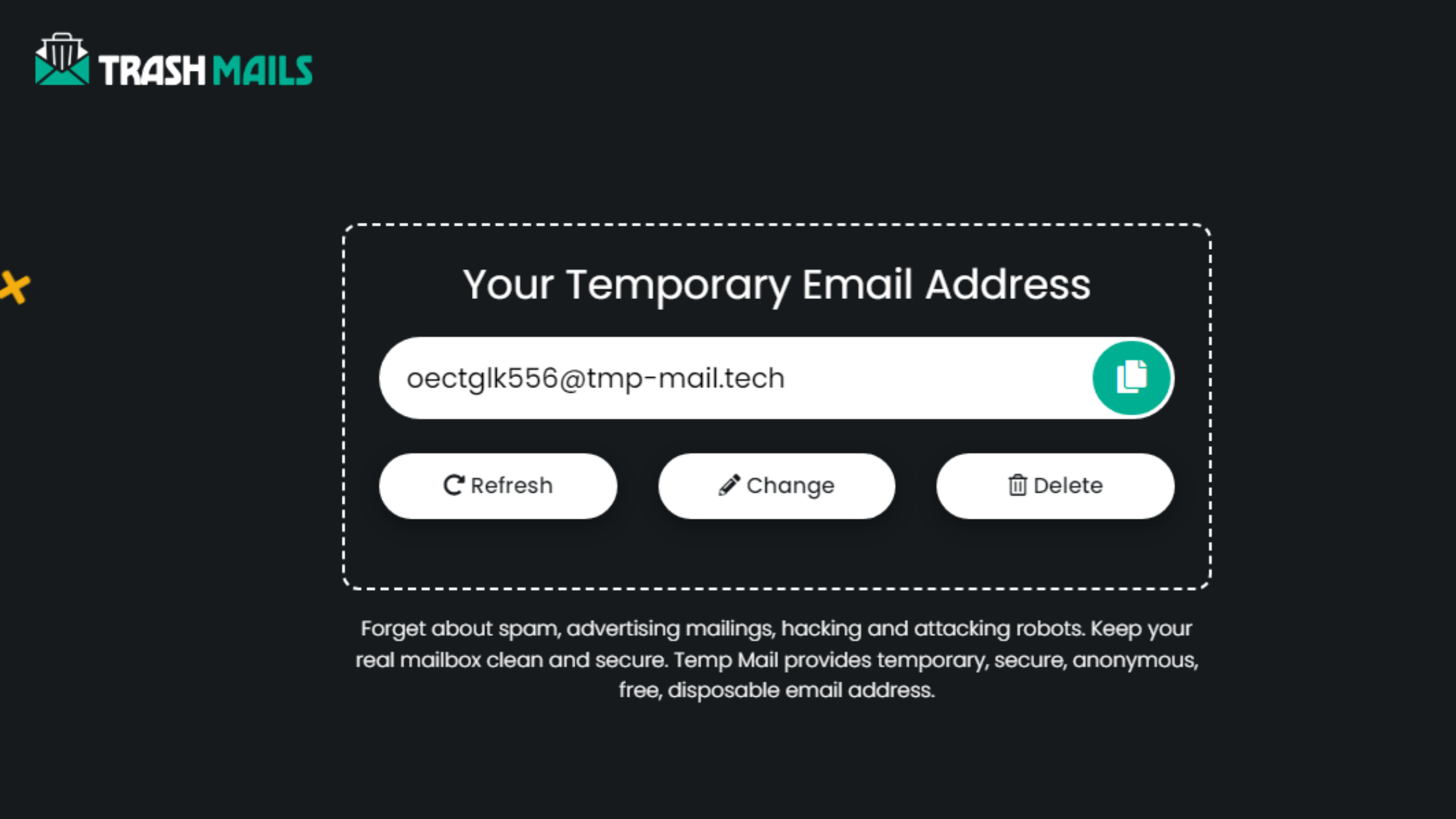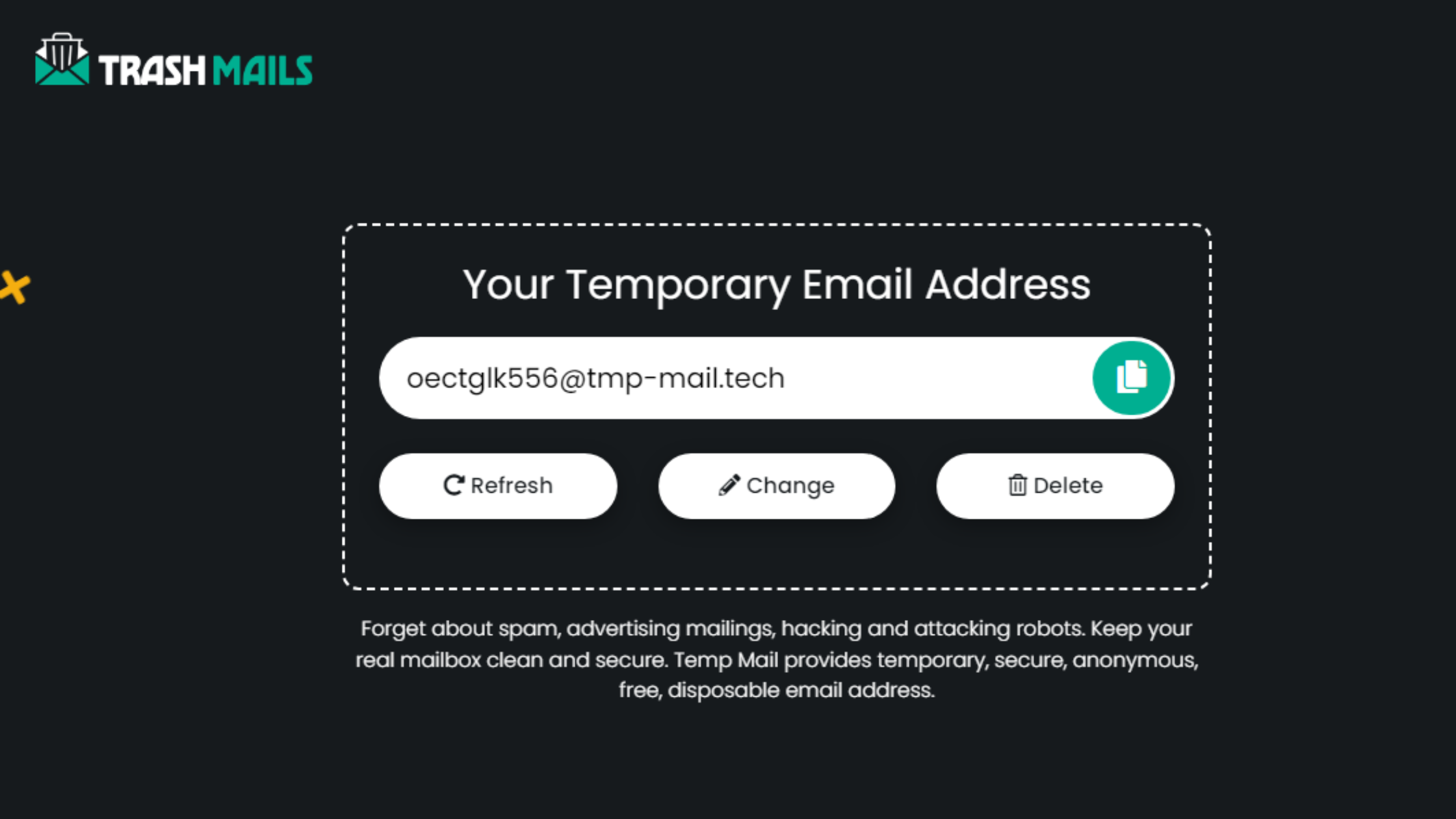Running an online business is thrilling, but it also comes with its fair share of challenges—especially when it comes to cyber threats. In today's digital world, cyber-attacks are evolving rapidly, making cyber security for businesses a top priority. Whether you're a small business or a large enterprise, your online presence is at risk if proper cyber safety measures aren't in place.
Let’s dive into some of the best strategies you can implement to protect your online business from potential cyber threats.
Why Cyber Security is Crucial for Online Businesses
In an era where everything is connected, protecting your online business is just as important as safeguarding your physical office. Cyber-attacks can lead to severe financial losses, compromised customer data, and long-term reputational damage. Businesses without robust cyber security measures are easy targets for hackers who thrive on vulnerabilities.
So, how do you protect your online business? By implementing tried-and-true cyber security for business strategies to keep hackers at bay.
1. Conduct Regular Security Audits
The first line of defense in cyber security for dummies is to know where your weaknesses lie. Conducting regular security audits helps identify gaps in your website security and allows you to fix vulnerabilities before attackers exploit them.
Key Areas to Audit:
- Website security configurations (SSL certificates, server configurations)
- Security patches for software and plugins
- User access controls and password strength
You can take proactive steps to fortify your cyber safety by understanding your weaknesses.
2. Implement Multi-Factor Authentication (MFA)
One of the most effective ways to prevent unauthorized access is by implementing Multi-Factor Authentication (MFA). This extra layer of security ensures that even if a hacker gets hold of a password, they’ll need another form of verification to gain access. Think of it as a locked door with two keys.
Benefits of MFA for Businesses:
- Adds an extra layer of protection
- Reduces the risk of compromised accounts
- Increases overall cyber safety by preventing password-based attacks
3. Secure Data with Encryption
Encryption is your business's digital lockbox. It scrambles sensitive data, such as customer information and payment details, making it unreadable to anyone without the encryption key. This is crucial for securing financial transactions and keeping customer data safe from breaches.
Types of Encryption to Use:
- SSL/TLS certificates for website transactions
- End-to-end encryption for internal communications
- AES (Advanced Encryption Standard) for data storage
Encrypting data is non-negotiable for strong cyber security for business.
4. Regularly Update Software and Systems
Cyber attackers are constantly looking for vulnerabilities in outdated software. Keeping your systems updated is a simple but effective way to enhance cyber safety. Whether it's your website’s CMS, plugins, or internal communication tools, ensuring everything is up-to-date will help protect your business from newly discovered cyber threats.
Why Updates Matter:
- Fixes known security vulnerabilities
- Improves system performance and stability
- Reduces the chances of malware attacks
Don’t let outdated software be your weakest link—keep everything current.
5. Educate Your Employees on Cyber Security
Your employees are often the first line of defense when it comes to cyber threats. Training them on cyber security for dummies concepts like phishing scams, password management, and secure browsing habits can prevent attacks before they happen.
Key Employee Training Topics:
- How to identify phishing emails
- Best practices for password creation and management
- Safe browsing habits and recognizing suspicious links
Make cyber security a part of your company culture to empower employees to protect your business.
6. Use Firewalls and Antivirus Software
Every online business should have firewalls and antivirus software installed to monitor and block suspicious activity. A firewall acts as a barrier between your internal network and external threats, while antivirus software helps detect and remove malware before it can wreak havoc.
Types of Firewalls:
- Hardware firewalls: Protect your entire network
- Software firewalls: Protect individual devices
When combined, these tools form a robust defense against a wide range of cyber threats.
7. Backup Your Data Regularly
Finally, no matter how strong your defenses are, there’s always a chance of a successful attack. This is why it’s essential to back up your data regularly. Regular backups ensure that you can restore your website and critical business information without succumbing to ransomware or data loss.
Best Practices for Data Backups:
- Automate backups to a secure cloud service
- Keep multiple copies in different locations
- Test your backups regularly to ensure they work
By implementing backups, you can safeguard your business against the worst-case scenario.
Conclusion
As the digital world grows more complex, so do cyber threats. But with these strategies, you can strengthen your cyber security and protect your online business from hackers looking to exploit vulnerabilities. From regular security audits to employee training and data backups, taking a proactive approach to cyber safety is key to your business's success.




